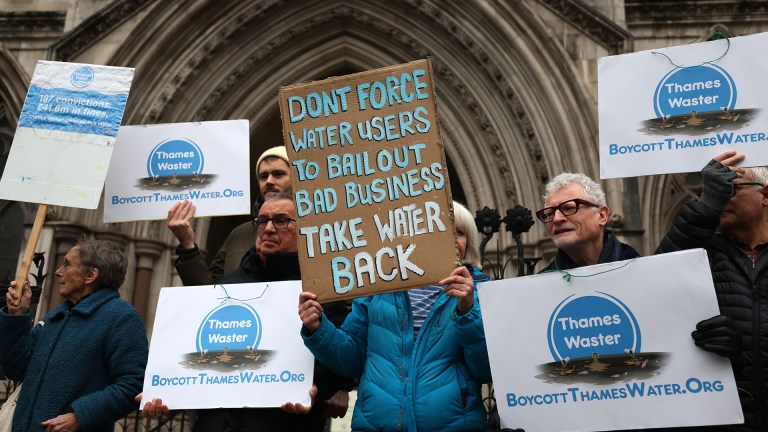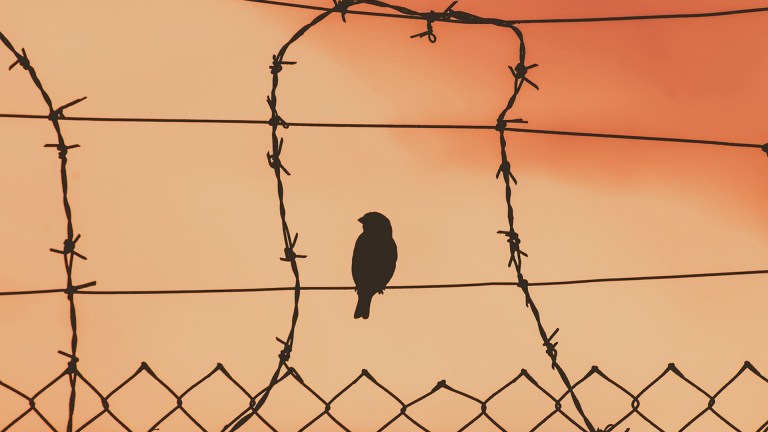International Day for the Elimination of Violence Against Women is going to be different this year. Marches to reclaim the night as a safe space for women have been postponed, women’s rallies cancelled, and events to discuss the work needed to stop violence against women have moved online.
The fear of violence and abuse in their own homes, however, remains a terrible reality for many women. This fear has been heightened as opportunities for escape and support are narrowed under lockdown restrictions and perpetrators manipulate the context caused by the pandemic to assert control.
Women often tell us at Women’s Aid that they have to weigh up the impossible dilemma between staying in a home where they are at risk of harm or leaving to face homelessness.
Homelessness and rough sleeping is a reality for many survivors of domestic abuse. In the year ending January 2020, just under 40 per cent of survivors supported by the specialist practitioners in Women’s Aid’s No Woman Turned Away project had been ‘sofa surfing’ with friends or family and 7 per cent had been forced to sleep rough.
Accessing money can be difficult for women experiencing domestic abuse. Today's extension to our Rail to Refuge scheme will help hundreds more survivors take the train, for free, to reach a safe refuge. It provides a route to freedom.
More info➡️https://t.co/21tNmTXiqC https://t.co/gWlhR5w8YZ
— Women's Aid (@womensaid) November 23, 2020
Our recent research on housing and domestic abuse found that of those survivors surveyed who were in a relationship with an abusive partner at the time, nearly 70 per cent reported that their housing situation and concerns about future housing were stopping them from leaving.









